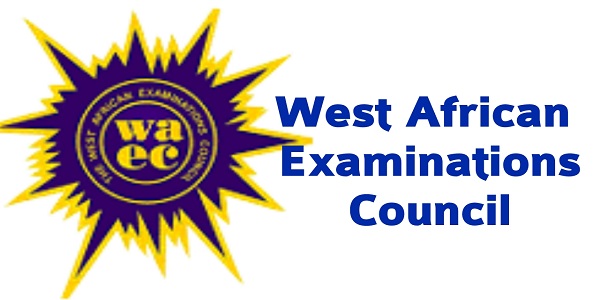WAEC Grading System in Nigeria and their Interpretation
Since its inception in 1952, the West African Examinations Council (WAEC) has played a leading role in administering a regional examination for candidates living in English-speaking West African nations, namely Nigeria, Ghana, Sierra Leone, The Gambia, and Liberia, who are the co-owners of the organization.
The West African Examinations Council (WAEC) administers the West African Senior School Certificate Examination (WASSCE), which is graded based on a student’s performance. In this article, we will delve into the WAEC grading system and its interpretation.

Table of Contents
- Types of exams conducted by WAEC
- Grades in WAEC And Their Meaning
- Analysis of WAEC Grading System:
- Breakdown of O’level score
- Significance of WAEC Result for Admission Seekers
Types of exams conducted by WAEC
The West African Examinations Council (WAEC) conducts three exams annually, which include
- WAEC SSCE
- WAEC GCE (November/December)
- WAEC GCE (February)
WAEC SSCE:
The May/June exam is also known as the WASSCE for School Candidates (May/June) and is tailored for senior secondary school students who are in their final year and have enrolled for the Senior School Certificate Examination (SSCE).
Typically held between the months of April and June, candidates are required to wear their school uniforms during the exam, even external candidates. Additionally, all candidates are subject to biometric registration.
WAEC GCE (November/December)
WAEC GCE, also known as the General Certificate Examination, is typically held in November/December. It is an exam that provides an opportunity for candidates to rewrite papers they failed during the May/June examination.
While candidates are not obligated to wear uniforms during the exam, they must undergo biometric registration, which is also required during the May/June registration process.
WAEC GCE (February)
The West African Examinations Council (WAEC) also conducts WAEC GCE in February. This examination is designed for private candidates who are not in school and wish to obtain their Senior School Certificate Examination (SSCE) certificate. It is often referred to as the First Series GCE.

Grades in WAEC And Their Meaning
The grading system used by WAEC for all three examinations held annually in Nigeria is the same. Candidates who sit for any of the exams are graded according to their performance, with each grade assigned a specific percentage range.
Below is the breakdown of the WAEC grading system, including the percentage range and the corresponding grade interpretation:
| Percentage Range | Grade | Interpretation |
| 75-100 | A1 | Excellent |
| 70-74 | B2 | Very Good |
| 65-69 | B3 | Good |
| 60-64 | C4 | Credit |
| 55-59 | C5 | Credit |
| 50-54 | C6 | Credit |
| 45-49 | D7 | Pass |
| 40-44 | E8 | Pass |
| 0-39 | F9 | Fail |
Analysis of WAEC Grading System:
WAEC’s grading system uses numerical figures 1 to 9 to represent the various grades awarded to candidates. A grade of 1 represents A1, which is the highest grade, indicating excellent performance. To achieve an A1 grade, a candidate must score at least 75 out of 100 in their exams.
The above grade (1 to 8) appears on the original result of WAEC while failing (F9) doesn’t (June 2000 WAEC result). This means that if you registered and sat for 9 subjects in WAEC in May/June, and upon request for your original WAEC certificate, the examination specified seven subjects, it means you failed the two other subjects. It’s F9.
Please note that WAEC score is 40% of the total score needed for admission into tertiary institution.
Breakdown of O’level score
O Level Result:- 40%
A1-8%
B2-7%
B3-6%
C4-5%
C5-4%
C6-3%
Five A1-40%
Five B2-35%
Five B3-30%
Five C4-25%
Five C5-20%
Five C6-15%
Significance of WAEC Result for Admission Seekers
The fact that you recorded A1 in all WAEC subjects isn’t an automatic admission into the tertiary institution as you will have to cross another hurdle set by JAMB.
This means that candidates are required to satisfy not only the university’s general entrance requirements but also the requirements of the particular faculty in which they wish to study the course of their choice.


